Retired U.S. Army Lt. Gen. Ricardo Sanchez, who commanded ground troops in Iraq from 2003 to 2004, has since been speaking out about the conduct of the Iraq war — especially about what he calls the Bush administration’s “catastrophically flawed, unrealistically optimistic war plan.” His views take book form in Wiser in Battle: A Soldier’s Story, which also details his rise from an impoverished Texas childhood to become the Army’s highest-ranking Hispanic officer. When Sanchez relinquished command of group troops in Iraq to Gen. George Casey in 2004, investigations into torture at Abu Ghraib prison were being conducted. That scandal, and the capture of Saddam Hussein, played out on Sanchez’s watch. Though the Army ultimately cleared Sanchez of responsibility, a separate Army investigation concluded that he approved interrogation practices that led to some of the abuses. Sanchez says the criticisms levied against him were the result of political partisanship.
RADIO TIMES
Hour 1
Analysis of the Indiana and North Carolina primary results. We’ll first get reaction to the Indiana numbers from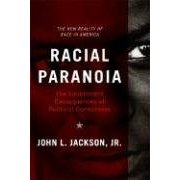 JOHN KETZENBERGER a columnist for the Indianapolis Star newspaper, then off to North Carolina with ANDREW TAYLOR and Associate Professor and Chair of the Political Science Department at North Carolina State University and finally we’ll get a broader view of the 2008 Primary elections with ROBERT DALLEK a presidential historian in Boston. Listen to this show via Real Audio | mp3
JOHN KETZENBERGER a columnist for the Indianapolis Star newspaper, then off to North Carolina with ANDREW TAYLOR and Associate Professor and Chair of the Political Science Department at North Carolina State University and finally we’ll get a broader view of the 2008 Primary elections with ROBERT DALLEK a presidential historian in Boston. Listen to this show via Real Audio | mp3
Hour 2
We look at race in the post-civil rights era and talk about the manifestations of racial distrust in American society today with JOHN L. JACKSON. He is author of “Racial Paranoia: The Unintended Consequences of Political Correctness” and the Richard Perry Associate Professor of Communication and Anthropology at the University of Pennsylvania. Listen to this show via Real Audio | mp3
AMERICAN MASTERS Marvin Gaye: What’s Going On
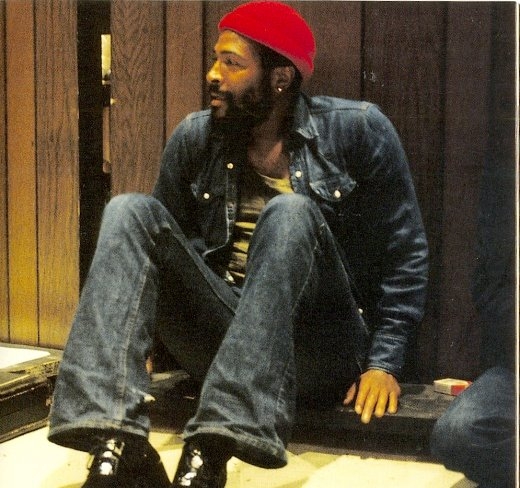
BY DAVID RITZ When Marvin Gaye died in 1984, he left behind one of the great legacies in American music. More than a superb vocalist and subtle composer, he was a visionary who expressed the tenor of his times. Both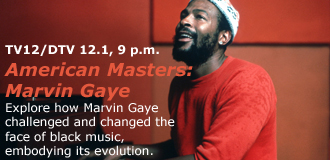 radical and romantic, a self-taught singer with a flair for autobiographical revelation, he thrived on confession and loved candor. Marvin had the unique talent of turning the listener into a confidante, of making you feel his immediate presence. His aura combined spiritual and sensual essences. In his music, the combination worked wonders; in his personal life, the two strains clashed. He succeeded in translating his contradictions into complex and beautiful music.
radical and romantic, a self-taught singer with a flair for autobiographical revelation, he thrived on confession and loved candor. Marvin had the unique talent of turning the listener into a confidante, of making you feel his immediate presence. His aura combined spiritual and sensual essences. In his music, the combination worked wonders; in his personal life, the two strains clashed. He succeeded in translating his contradictions into complex and beautiful music.
I adored Marvin Gaye. As we worked on his life story together, I saw him as a man of quick wit, rare wit and light-hearted humor. His boyish charm and infectious smile were irresistible. His paradoxes were fascinating. In the middle of conversations, he’d stop to meditate or pray, his words turning into songs. As a collaborator, he was fabulous — right there, in the moment, an ingenious improviser and natural storyteller.
Marvin Pentz Gay, Jr. was born April 2, 1939, in Washington, D.C. (He added the “e” after entering show business.) His father was a charismatic storefront preacher, his mother a domestic worker. Family life was 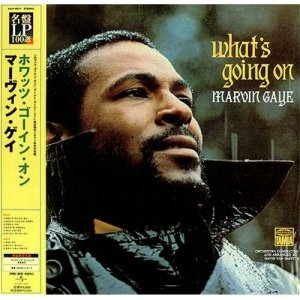 marked by friction. Marvin grew up singing in his daddy’s Holy Roller church, the place he said, “where I learned the essential joy of music.” After working with Bo Diddley, Gaye left high school to join the Moonglows, an important doo-wop group of the fifties. It was Harvey Fuqua, the group’s leader, who took Gaye to Detroit in the early sixties. There Marvin met Berry Gordy, who just started Motown, and married Berry’s sister Anna, a woman 18 years Gaye’s senior.
marked by friction. Marvin grew up singing in his daddy’s Holy Roller church, the place he said, “where I learned the essential joy of music.” After working with Bo Diddley, Gaye left high school to join the Moonglows, an important doo-wop group of the fifties. It was Harvey Fuqua, the group’s leader, who took Gaye to Detroit in the early sixties. There Marvin met Berry Gordy, who just started Motown, and married Berry’s sister Anna, a woman 18 years Gaye’s senior.
Emerging from a generation rooted in conformity, Gaye was a non-conformist, an anti-authoritarian artist — shy, ambitious, mellow but fearful, brooding and serious. He began as a session drummer but soon was singing. He fashioned himself a Sinatra-styled balladeer determined to buck the Motown machine. Yet his early attempts at Nat Cole-flavored material failed. Gordy couldn’t crack the adult market and Marvin crossed over the same bridge as all the other Motown acts — red-hot rhythm and blues. Motown’s committee of crack producers helped create a slew of major hits for Gaye. The title of the first, “Stubborn Kind of Fellow,” was blatantly self-descriptive.
MARVIN GAYE: Inner City Blues

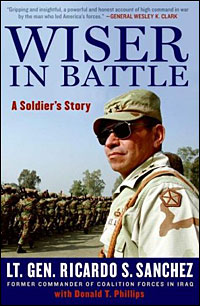 FRESH AIR
FRESH AIR